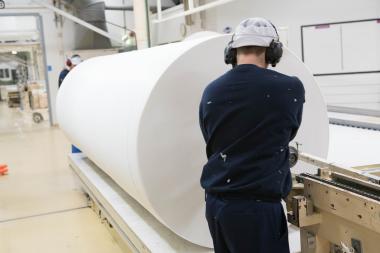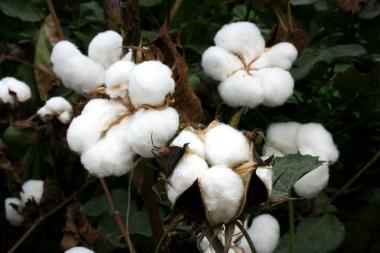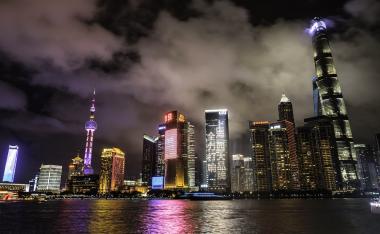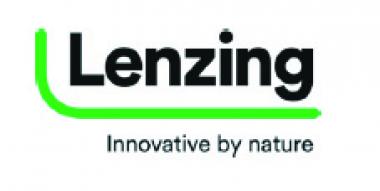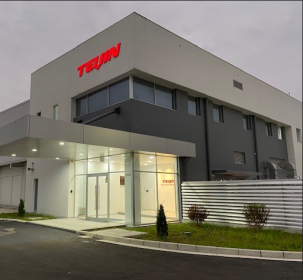EU-BAT Compliance Confirmed for all Sateri Viscose Fibre Mills
- Achievement Ahead of Schedule
All of Sateri’s five viscose mills in China are now fully compliant with the emission limits set out in the European Union Best Available Techniques Reference Document (EU-BAT BREF) on Polymers, following recent verification of Sateri Jiangsu and Sateri China mills.
Verified by independent consultant Sustainable Textile Solutions (STS), a division of BluWin Limited (UK), the parameters assessed included resource utility efficiency, wastewater discharge and air emission.
Allen Zhang, President of Sateri said, “Sateri Jiangsu was established in 2019 following an acquisition while Sateri China was built in the same year. We had aimed to have both mills meet EU-BAT’s recommended emission levels by 2023. To achieve this two years ahead of schedule underscores our continuous efforts in process improvement and control of pollutant emissions, and resource utilization efficiency. We will continue to pursue manufacturing excellence and invest in best-in-class technologies for all our mills – existing, acquired, and newly constructed ones – as part of our Vision 2030 commitment towards closed-loop and cleaner production.”
Chen Xinwei, Chairman of China Chemical Fiber Industry Association, said, "China's regenerated cellulose fibre industry has been progressing steadily in recent years. As a major viscose manufacturer, Sateri has demonstrated leadership in benchmarking itself against advanced domestic and international standards, focusing on low-carbon development, energy-saving and emission-reduction technology, and cleaner production to advance sustainable development, as well as enhance the company’s competitiveness. All other players in the industry should be encouraged to follow suit."
Sateri is a member of the RGE group of companies; Sateri’s other three mills - Sateri Fujian, Sateri Jiujiang and Sateri China (Jiangxi) - had attained EU-BAT compliance in 2020.
Omnicom Public Relations Group









